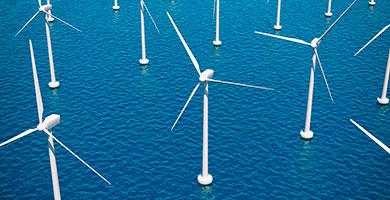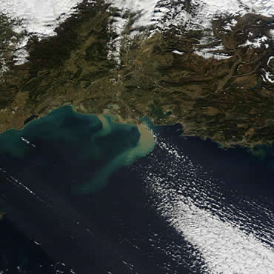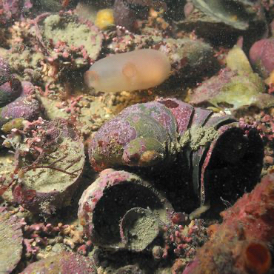
The MedSea Checkpoint was a Mediterranean Sea wide monitoring system assessment activity based upon targeted end-user applications. The innovative outcome of this evaluation was the depiction of ‘fitness for purpose’ indices capable to show performance and gaps of the monitoring system. The checkpoint service was aiming to:
- Clarify the observation landscape at the scale of the Mediterranean Sea, highlighting the existing programs, national and international, and their roles and synergies;
- Depict fitness for purpose monitoring indices that show the performance, accessibility and usability of observational and modelling data sets in the overall Mediterranean Sea basin;
- Prioritise the needs in order to optimize the system (in situ and satellite data collection and assembling, data management and networking, modelling and forecasting, geo-infrastructure) and provide recommendations for evolutions to better meet the application requirements.







